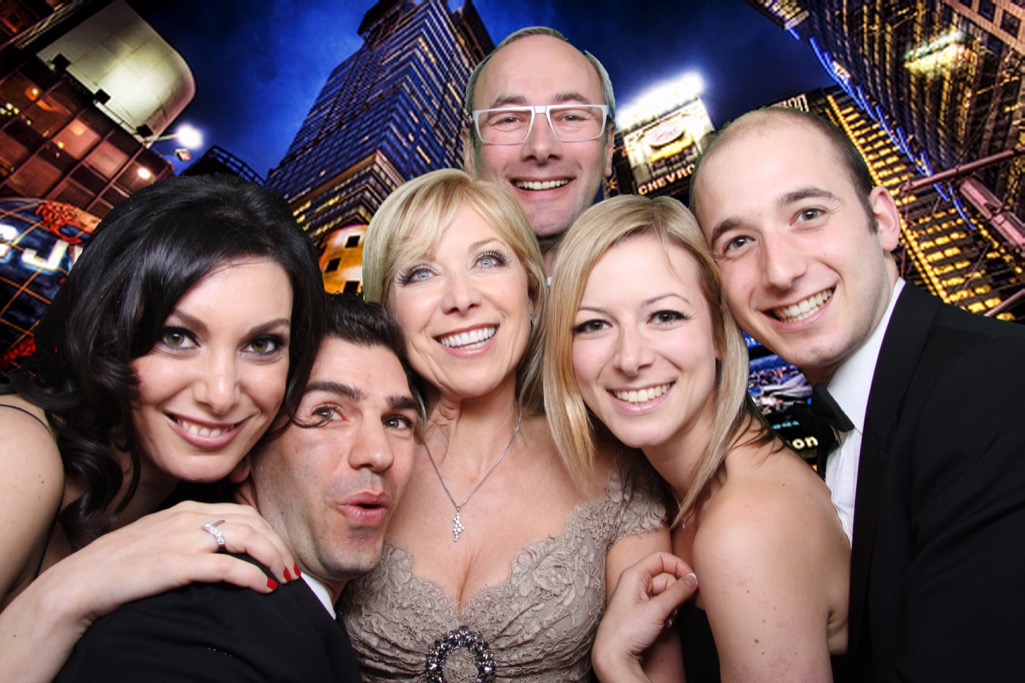Excellent organisation can mean the difference between an enjoyable, beneficial fundraiser and one that fails to raise those much-needed charity funds. Planning a charity event isn’t easy however, as successful fundraising takes skill and awareness of the legal issues that surround the charity sector. Here are some things you’ll need to consider.
The Charity Event Budget
It’s crucial to budget well when planning a fundraising event. Plan your expenditure well in advance and if in doubt, it’s better to overestimate your costs rather than underestimate. You don’t want to be caught off guard by an unexpected cost. After all, you’re trying to raise money, not spend it!
When planning a charity event, you are likely to have to budget for:
- Venue hire
- Equipment hire
- Publicity
- Entertainment
- Food/drink
- Decorations
- Licensing fees
- Insurance
When you’re organising a charity event it is also important to take into account:
- Your objectives – what you want the event to achieve
- The scale of the event – how many guests you will invite
- The event theme
- The event style – whether relaxed or formal
These factors will all play a significant part in determining your overall budget.
Entertainment on a budget
Any good charity fundraising event requires entertainment, but if you’re on a tight budget this can be tricky to organise.
Affordable entertainment options include:
- Chocolate fountains – let your guests dip fruit or marshmallows into molten chocolate for indulgent treats, or pull out all the stops and rent a dip ‘n’ lick stand
- Photo booths – they’re inexpensive to rent and come the option to print photos so that your guests can take home their memories of your fundraiser
- Turntables – vinyl is coming back into fashion in a big way and everyone has a few boxes of records in their attic. Borrow or rent the sound system, set up a dance floor and have your guests bring their own music instead of hiring a DJ. If you are planning on playing pre-recorded music at an event that is open to the public, make sure to check with your venue to see if it holds licences from PRS (Performing Rights Society) for Music and PPL (Phonographic Performance Limited).
- Karaoke machines – if hiring sound equipment doesn’t sound like your thing, have your guests provide the soundtrack to your charity event! Karaoke machines are affordable and will give your guests endless fun.
Entertainment and events companies hire services may also offer a discount if you are organising a charity fundraising event, helping to stretch your budget that little bit further.

Charity venue hire London
It can be difficult to hire a venue inexpensively in London. However, there are a few options to consider:
- Make use of venue hiring sites that offer a minimum spend. This means that there is no upfront cost for hiring the venue, provided a certain amount of money is spent by guests on the day of the event. A minimum spend is an ideal solution for venues where the sale of food or alcohol is not part of the fundraising effort
- Community buildings such as sports halls or churches often rent their space, usually for very little money. They may even be persuaded to charge nothing as the event is for charity. These venues do however tend to have heavy restrictions, usually in relation to alcohol consumption and noise levels so they may not be ideal if your event is due to run until late or it is noisy
- Universities and colleges will often let charities use their rooms for free under certain conditions. These vary from not drinking to time restrictions, depending on the university or college in question. As these tend to have spacious buildings designed for large amounts of people, they’re a good option for charity event venues.
Free venues for charity events
Hiring a venue for your charity event can really make expenses soar. Fortunately, it is often possible to save money by opting to hold your event in a free venue.
If you are trying to plan a charity event with a free venue, consider:
- A garden party – an excellent option if you have a big enough space. Lay on food and invite your friends and neighbours and their kids! If you intend to hire a bouncy castle or other inflatable for the children, make sure you research and abide by the relevant health and safety standards
- A street party – this is ideal in summer, where you can provide outdoor games and ice cream. Contact your council at least six weeks before the date of your charity event and request a street closure. If closing your street is impossible, don’t worry – you can arrange a smaller, more informal street gathering.
- A film screening – print tickets, hire a projector and install it in your venue of choice. Make sure there’s plenty of candy floss and popcorn!
- An arcade – install a classic video games like Pac-Man, Tetris and Snake, set up an air hockey tournament or play table football
- A pyjama party – recapture the spirit of a teenage sleepover with nail art and karaoke. Don’t forget to take a group selfie!
- A casino party – set the scene with backdrop of Las Vegas, hire a casino table and pit your guests against each other, with a prize for the winner. All the profits go to your chosen charity. Specific rules apply to non-commercial gambling Make sure that you are in compliance with the Gambling Act 2005.
- A lottery – if promoted for a ‘good cause’, lotteries do not require a license or registration
It is also possible to keep costs down by organising a charity event that doesn’t require a venue at all. Many of these events will need insurance so keep this in mind when you are planning.
Events that don’t require a specific venue include:
Sponsorship ideas for charity events
Sponsorship is a brilliant way of raising money for charity because it requires less expenditure and organisation than a fundraising event. There are any number of ways to gain sponsorship – the more fun and unconventional the better.
Good sponsorship ideas for charity fundraising include:
- Abstinence – ask your friends to sponsor you for giving up chocolate, alcohol or whatever you can’t live without. You could even hold a poll to let your sponsors decide what you have to give up! This classic fundraiser can be combined with an event at the end of your abstinence – sell tickets and enjoy all the things you gave up! If selling/providing alcohol at this event, a license must be obtained from your local authority and age limits must be adhered to.
- Polar bear plunges – inspired by the tradition of Boxing Day swims, polar bear plunges have become a fundraising staple. Nothing raises money like a dive into cold water and in the UK, the sea is always pretty cold! Face the ice solo or get a group together. Fancy dress is optional!
- Knit-a-thons – if you’re skilled at crafts, this is an ideal way to raise money. Recruit your friends – and your nan! – pick a theme that relates to your charity and get those knitting needles out. You can then sell the knitted products to raise even more money
- Organised dinners- this can be a wonderful, sociable and exciting way of fundraising. Sell tickets to the event, or simply invite people and charge per meal. Ensure that any food being sold must adhere to the relevant safety and hygiene and labelling standards. Contact your local council for more information about food safety.
Charity Advertising – grow your charity’s presence online
Fundraising events are a fantastic opportunity to increase a charity’s online presence as well as raising money. There are many fundraising platforms like Crowdrise and JustGiving specifically designed for charity donations. Raising awareness, however, is best done on social media.
Ways to use social media fundraising to grow your charity online include:
- Social media posts leading up to the charity event with all necessary information, including what the event is, when it is and what it is raising money for, plus a link to the charity’s website. Encourage your followers to share your posts to spread the word for a good cause
- Posting regular updates on your progress, such as how much you’ve raised, who has been generous enough to donate and how much you still have left to raise to achieve your fundraising goal
- Posting detailed information about exactly who the charity is benefiting and what specific donations will achieve, such as ‘a £5 donation will buy x for the charity, £10 will buy y.
- Documenting the charity fundraising event itself by taking photographs, blogging and sharing the results on social media
- If your fundraising activity involves producing handmade crafts, sell them online. State that all money raised goes to your charity and link to the website and to your social media pages
- After the event is over, posting the grand total of money earned and thanking everyone who came along or contributed.
What Permissions and Licences do I need?
Fundraising is as strictly regulated as any other corporate sector and those who wish to organise a charity event should ensure that they abide by the Code of Fundraising Practice while doing so.
Regulations that apply specifically to charity events include:
- Charity event organisers must take equal access, health and safety, environmental impact and fitness for purpose into account when considering a venue
- Risk assessment, disclosure and barring service checks must be completed and insurance policies must be in place before the event. (Again need a link – public liability insurance) –
- The event must not exceed the maximum number of participants covered by their permissions
- Permission must be obtained if the venue is situated on private property
- First aid provision must be made for employees, guests and anyone else likely to be affected by the charity event
If you are face-to-face fundraising to strangers in order to raise awareness of a charity event, take care to observe standards of compliance and best practice set by the Public Fundraising Regulatory Association (PFRA).
Charity event organisers using this method should also consider the psychological impact of their fundraising efforts. Much has been written about the detrimental effects of face-to-face fundraising (‘chugging’) on the reputation of charities.



















